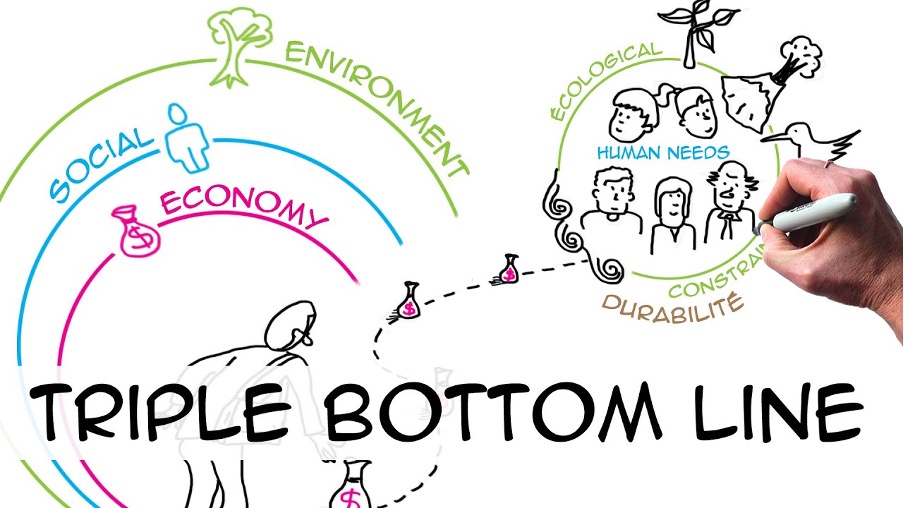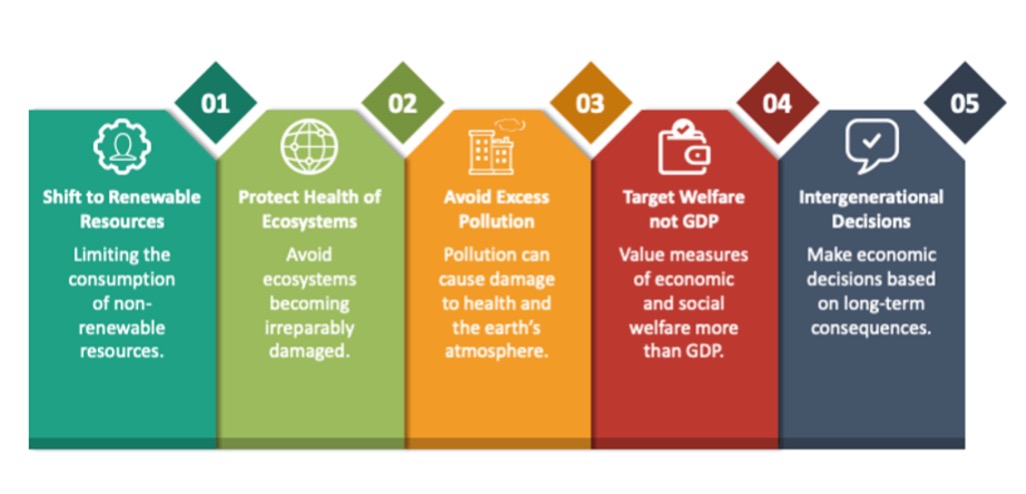In a recent Enterprise Network update published by The Times, Magnus Boyd, a corporate reputation specialist and partner at Schillings, the law firm, warned that “It just got real, “what SMEs are going to need is an annual sustainability or green audit.” He linked the change to the introduction of the data protection rules (GDPR), which require firms handling personal data to have written policies and robust systems.
The momentum behind true sustainability compliance is building up fast and SME (Small and Medium Enterprises), which constitute approximately 90% of global businesses, will have to play their part – for their own benefit, for corporate, investor and soon, government compliance.
Translating this need into an actionable reality for the vast majority of SME (Small and Medium Enterprise) can be daunting even for the most driven and organised, with multiple topics vying for attention especially in these volatile times.
But what if sustainability is precisely the area that can give you an edge? What if you are already incorporating (as indeed you must be if you are running a viable business) sustainable practices in your every day operations and all is left is to consolidate these into a policy, optimise and enhance this and publish, implement and monitor it?
”Development which meets the needs of current generations without compromising the ability of future generations to meet their own needs." And subsequently, the UN defines a sustainable business as “one that operates without compromising its own ability or the ability of others to operate in the future
The UN definition for Sustainable Development
Business sustainability, also known as corporate sustainability, manages and coordinates environmental, social, and financial demands and concerns to ensure responsible, ethical, and ongoing success. In a broader context, social, environmental, and economic demands are considered the three pillars of sustainability. Within the corporate world, they are sometimes referred to as the triple bottom line. The concept is a departure from the traditional concept of the bottom line, which evaluates all efforts in terms of their short-term effect on profits.

Image of triple bottom line via University of Wisconsin
Economic Sustainability
Economic Sustainability is considereted a sine qua non condition for business viability and arguably, the key driver for the majority of enterprises.
The ICT identifies two aspects of economic sustainability:
- The financial ability of a company to continue operating.
- A company’s contribution to the economic conditions of its stakeholders (employees, customers, local communities, specifically:
- paying fair wages (above minimum wage)
- demonstrating gender wage equality
- hiring and training workers and management locally
- increasing levels of productivity or development in areas of high poverty
- providing products and services for those on low incomes
- attracting foreign investment
ITC argues that “Business is one the most powerful man-made forces on Earth, and it can be harnessed effectively to serve stakeholders beyond simply their owners or shareholders.”
Companies such as Patagonia, Seventh Generation, and Etsy are not legally “benefit corporations” but have nonetheless committed to the same set of principles; they lead the way where many of us will follow.
Social Sustainability
Social Sustainability imagine the Economic Sustainability acting as a force for good by treating all trade equitably, paying a fair price and investing in people development and learning for the benefit of enterprise, local communities and society at large! Now that’s starting to look sustainable.
There are various reasons why companies incorporate social sustainability principles into their operations, from ethical or moral, to the need to reduce the risk of negative publicity or to improve employee morale or the public perception of their brand. Others are “social enterprises” or “mission-driven” companies that have made benefiting society their primary mission, e.g. Gilead, Method, TED, World Wildlife Fund.
Leaders of Fortune 500 companies confirm what is no longer a trend but an established reality: social-enterprises, purpose-driven companies or companies which display an ethical and environmental USP outperform their competitors. Consumers demand higher values of their favourite brands and in response, brands know that in the fierce batter for consumer loyalty, they will only win one way: compete through sustainability.
Environmental Sustainability
With the current global population consuming the equivalent of 1.6 planet’s worth of resources according to the Global Footprint Network, an environmental non-profit), the need to reduce, reuse and recycle is evident. We are not in a position to preach but the reality is a reduction of our most harmful behaviours is a MUST if we are to have a planet tomorrow. And this ownership can’t be hidden, it sits with each of us as individuals, and as SME leaders, we can spearhead a movement for reduction and replenishment within our networks.

“Environmental sustainability is the ability of a business to continue what it is doing indefinitely, without exhausting or degrading natural resources” – ICT
Image via Pinterest
Andrew Winston, a sustainability expert, argues the case for profitability through innovation. In other words, companies that implement environmental sustainability initiatives often benefit in 5 specific ways:
- Increased revenue (new products, increased sales, higher prices)
- Brand enhancement (product differentiation, customer loyalty, employee attraction & retention)
- Cost reduction (efficiency and reduced insurance costs)
- Risk reduction (supply chain reliability, lower volatility in input prices, business continuity and resilience)
- Multi-category improvement (business model innovation, license to operate and market access, first-mover advantage)
Forbes contributor, Navi Radjou is challenging global enterprises: “What if companies reinvented their supply chains and business practices so they function altruistically like a forest? Then they will operate as regenerative businesses that give back 10x and even 100x more to society and the planet than what they take from it.” And indeed, he gives the examples of pioneering US manufacturers like Danone North America, General Mills, Interface, and Patagonia which “are leading the regenerative revolution in America and worldwide.”
This is a vast subject and enterprises will evaluate their approach in the context of their own circumstances. However, to help those initial steps, we have listed a roadmap which allows you to ascertain your current footprint and then make informed decisions on the core areas you wish to develop, from Environmental, Social and Management to Quality and Ethics:
- Book your place at the next Competitiveness Through Enterprise Sustainability course
- Measure your environmental impact with B Corp
- Appraise the sustainability standards suitable for your business via the ITC Sustainability Map, a free ITC tool that provides information on over 170 voluntary sustainability standards (Rainforest Alliance, Fair Trade, etc.), codes of conduct and audit protocols
- Explore the International Standard for SME Sustainability ISO26000 and multiple useful case studies.
- Browse B Lab (the organization behind the B Impact Assessment) which provides further thoughts on sustainability actions, guidelines and case studies
- Join leading brands for inspiration and learn how you can become B Corp Certified
- Explore carbon reduction options with: The Carbon Trust
- Connect with Ioana Jago for a conversation on this topic.










